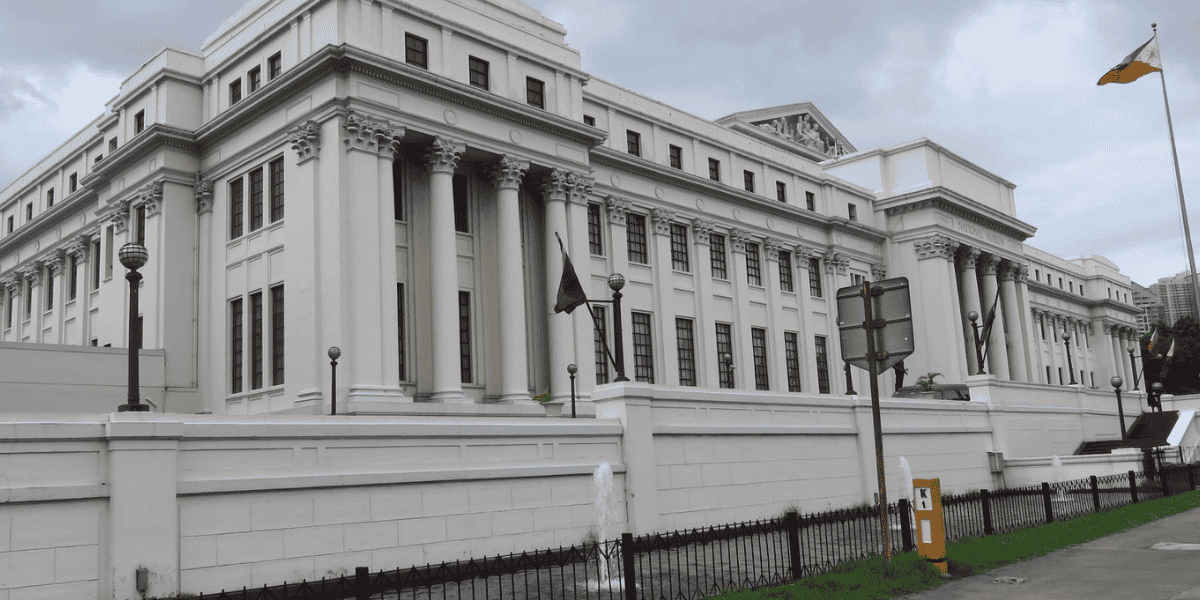The Philippines Bureau of Internal Revenue (BIR) has released draft revenue regulations on 8 November 2024 to implement the Republic Act No. 12023.
This act introduces a 12% VAT on all digital services used in the Philippines, including those offered by foreign digital service providers (DSPs).
As previously reported, the Philippines’ Department of Finance enacted the Republic Act (RA) 12023 on 2 October 2024, imposing a 12% value-added tax (VAT) on non-resident DSPs, including streaming platforms such as HBO, Netflix, and Disney.
The rules and regulations will to be issued within 90 days. A 120-day transition period is allowed for the tax authority from the effective date of the laws and regulations to set up systems before VAT is applied to foreign DSPs.
The BIR has also released a flyer on Value-Added Tax for Digital Services, which summarizes the new regulations.
This is as follows:
What are digital services?
Any service that is supplied over the internet or other electronic network with the use of information technology and where the supply of the service is essentially automated. It shall include:
- Online search engine;
- Online marketplace or e-marketplace;
- Cloud service;
- Online media and advertising;
- Online platform; or
- Digital goods.
Digital services delivered by nonresident digital service providers are considered performed or rendered in the Philippines if the digital services are consumed in the Philippines.
Who are liable?
Digital Service Providers, whether resident or nonresident, shall be liable for assessing, collecting, and remitting the VAT on the digital services consumed in the Philippines, subject to the provision on withholding of VAT on digital services under Section 114(D).
Who are required to register for VAT?
All DSPs, whether residents or nonresidents are required to register.
Compliance requirements
- Simplified registration system – The BIR shall establish a simplified, automated registration system for nonresident DSPs.
- Invoicing for non-resident DSPs. A digital sales or commercial invoice shall be issued for every sale, barter, or exchange of digital services made by a VAT-registered nonresident digital service provider.
- Mandatory invoicing information – The following information should be in invoices: late of transaction, transaction reference number, identification of the consumer, brief description of the transaction; and total amount with the indication that such amount includes VAT.
- Mode of correspondence – Any communication, notices, or summons to a nonresident DSP can be made via electronic mail messaging.
- Power of the BIR to suspend – The power of the Commissioner to suspend shall include the blocking of the digital services performed or rendered in the Philippines by a DSP. This shall be implemented by the Department of Information and Communications Technology (DICT), through the National Telecommunications Commission (NTC).
VAT-exempt transactions
- Educational services, including online courses, online seminars, and online trainings, rendered by private educational institutions duly accredited by the Department of Education (DepEd), Commission on Higher Education (CHED), Technical Education And Skills Development Authority (TESDA), and those rendered by government educational institutions.
- Sale of online subscription-based services to DepEd, CHED, TESDA and educational institutions recognized by said government agencies.
- Services of bank, non-bank financial intermediaries performing quasi-banking functions and other non-bank financial intermediaries, including those rendered through different digital platforms.
Withholding of taxes
Value added tax (VAT) – Payment for services to nonresident suppliers who are not registered under Section 236.
Other percentage tax – Allows the Secretary of Finance, upon recommendation of the Commissioner of Internal Revenue, to collect percentage taxes via the withholding tax system. The rates shall not exceed those provided in the respective Percentage Tax provisions.
Final provisions
Implementing rules – The Department of Finance (DOF), upon recommendation of the BIR, and in coordination with the DICT and the NTC, and upon consultation with the stakeholders, shall issue implementing rules and regulations (IRR) not later than 90 days from the effectivity of the Act.
Transitory clause – Nonresident DSP shall be immediately subject to VAT after 120 days from effectivity of the IRR.















